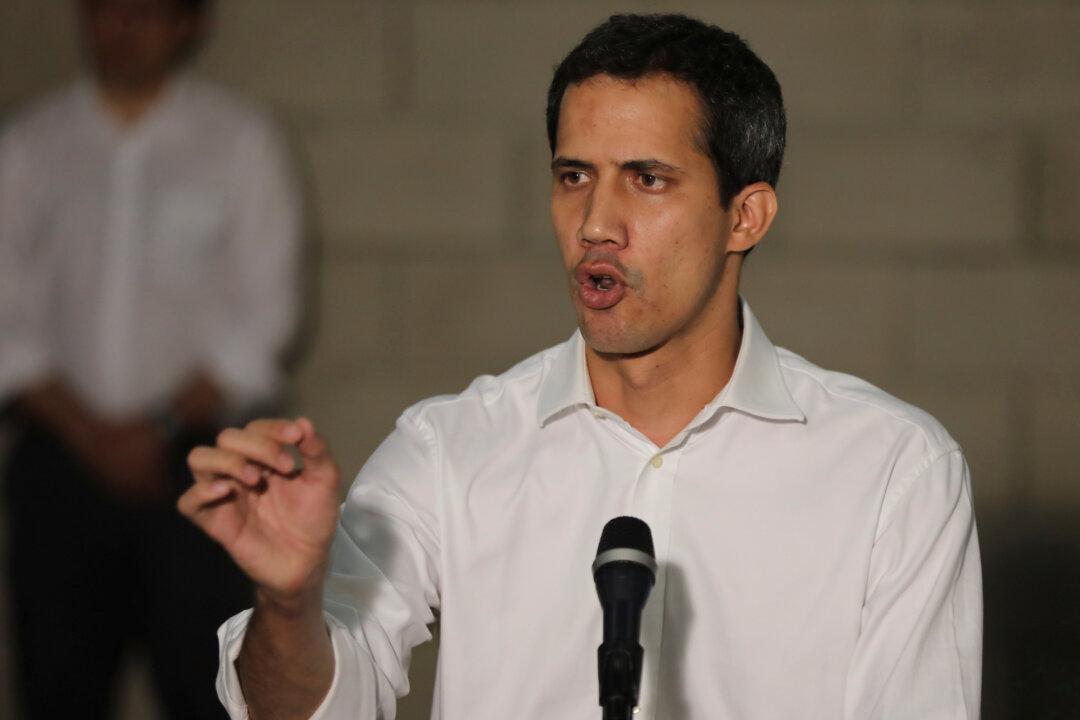CARACAS—Venezuela interim President Juan Guaidó said on March 5 he was in talks with unions about calling strikes for state workers in a bid to paralyze the public sector, tightening pressure on the weakened leader Nicolas Maduro by targeting his key support base.
The strikes would seek to capitalize on the opposition’s momentum spurred by Guaidó’s triumphant return to Venezuela on March 4, after he flouted a travel ban to tour Latin American countries to muster support for his campaign to oust Maduro.





